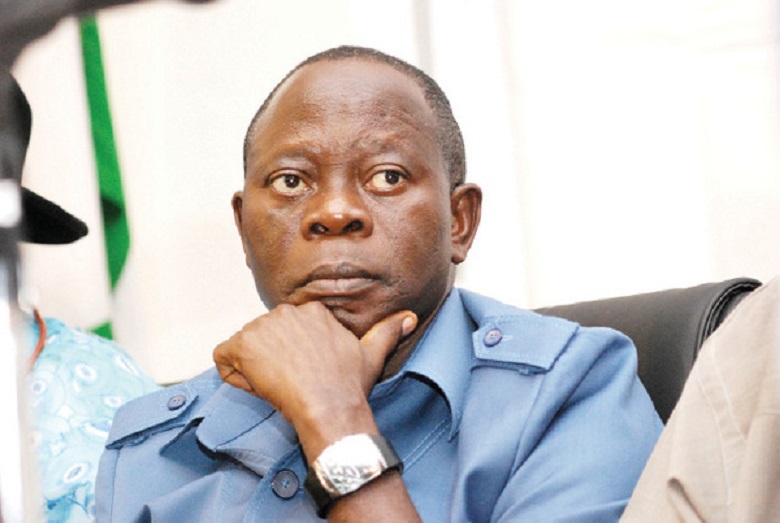The political landscape of Edo State is heating up as the 2024 governorship election unfolds. Recently, Adams Oshiomhole, a prominent figure in Nigerian politics, made headlines by casting his vote at Iyamu Primary School in Etsako West local government area. This event is significant not only because of Oshiomhole's influential role as a former governor and current senator but also due to the anticipation surrounding the election, where various candidates vie for the opportunity to lead the state.
On September 21, voters across Edo State flocked to polling units with hopes of shaping their future. Oshiomhole, who has a rich history in politics, was seen engaging with the electorate, emphasizing the importance of a peaceful and transparent electoral process. As the election progresses, the dynamics between the candidates, especially the rivalry between Oshiomhole and the incumbent governor, Godwin Obaseki, adds an intriguing layer to the unfolding political drama.
As the elections are taking place, citizens are eager to see how the results will reflect their desires for good governance and development in Edo State. With Oshiomhole's experience and commitment to the All Progressives Congress (APC), he aims to steer the state towards progress and stability, a promise that resonates with many voters.
Table of Contents
- Biography of Adams Oshiomhole
- Voting Process in Edo State
- Political Rivalry in Edo State
- Final Thoughts on the Election
Biography of Adams Oshiomhole
Adams Oshiomhole has had a notable political career that has spanned several decades. Born on April 4, 1952, he has served as a senator and was previously the governor of Edo State from 2007 to 2016. His leadership style and policies during his tenure as governor were marked by efforts to reform the state’s economy and improve infrastructure.
| Personal Detail | Description |
|---|---|
| Date of Birth | April 4, 1952 |
| Political Party | All Progressives Congress (APC) |
| Previous Positions | Governor of Edo State, Senator |
| Years in Office | Governor: 2007-2016; Senator: 2019-Present |
Voting Process in Edo State
The voting process in Edo State is a vital aspect of the democratic system, reflecting the citizens' voice and choice. On the day of the election, various polling units are set up to facilitate a smooth voting experience. Voters, including Oshiomhole, reported long queues, indicating a high turnout and eagerness among the electorate to participate in shaping their governance.
Election officials ensure that the process is transparent and fair, monitoring polling units to prevent any irregularities. As Oshiomhole stood in line for over an hour, it highlighted the commitment of the citizens to exercise their voting rights, reinforcing the democratic values of participation and accountability.
Political Rivalry in Edo State
The political rivalry between Adams Oshiomhole and the incumbent governor, Godwin Obaseki, has been a focal point in Edo politics. Both leaders represent different political ideologies and parties, with Oshiomhole advocating for the APC while Obaseki is affiliated with the Peoples Democratic Party (PDP). Their rivalry has not only shaped the political landscape but has also influenced voter sentiments and party dynamics.
This ongoing competition emphasizes the need for effective governance and the desire among citizens for leaders who can deliver on promises. As the election progresses, the outcomes will determine the future direction of Edo State and the political careers of both Oshiomhole and Obaseki.
Final Thoughts on the Election
As the dust settles on the 2024 Edo State governorship election, the results will speak volumes about the electorate's priorities and desires for good governance. With candidates like Adams Oshiomhole and Godwin Obaseki at the forefront of this political contest, citizens are hopeful for a leader who will prioritize their welfare and development.
The election not only serves as a platform for leaders to emerge but also as a reminder of the power of democracy in shaping the future of the state. As we await the final results, one thing remains clear: the voice of the people is paramount in determining the trajectory of Edo State.




